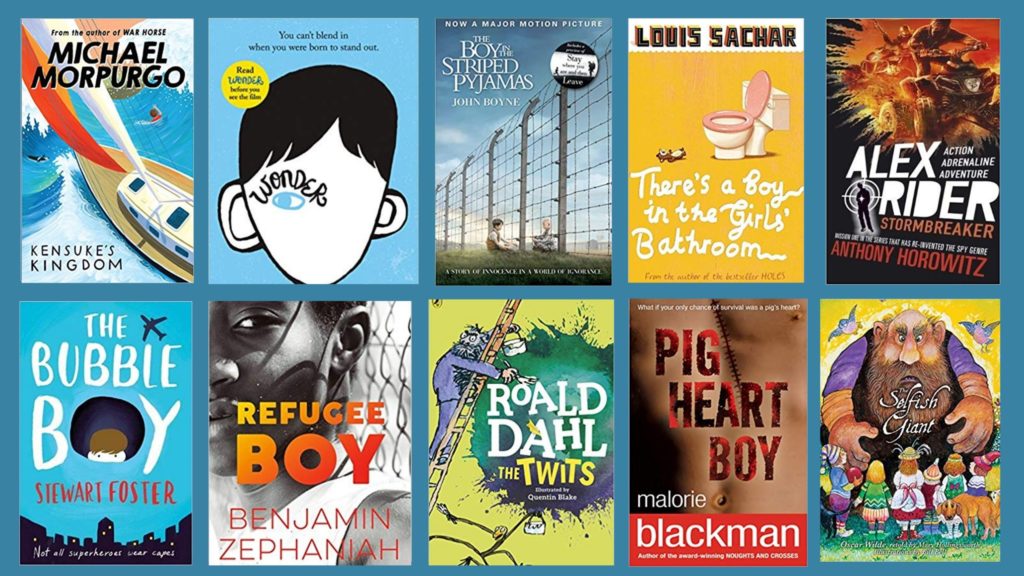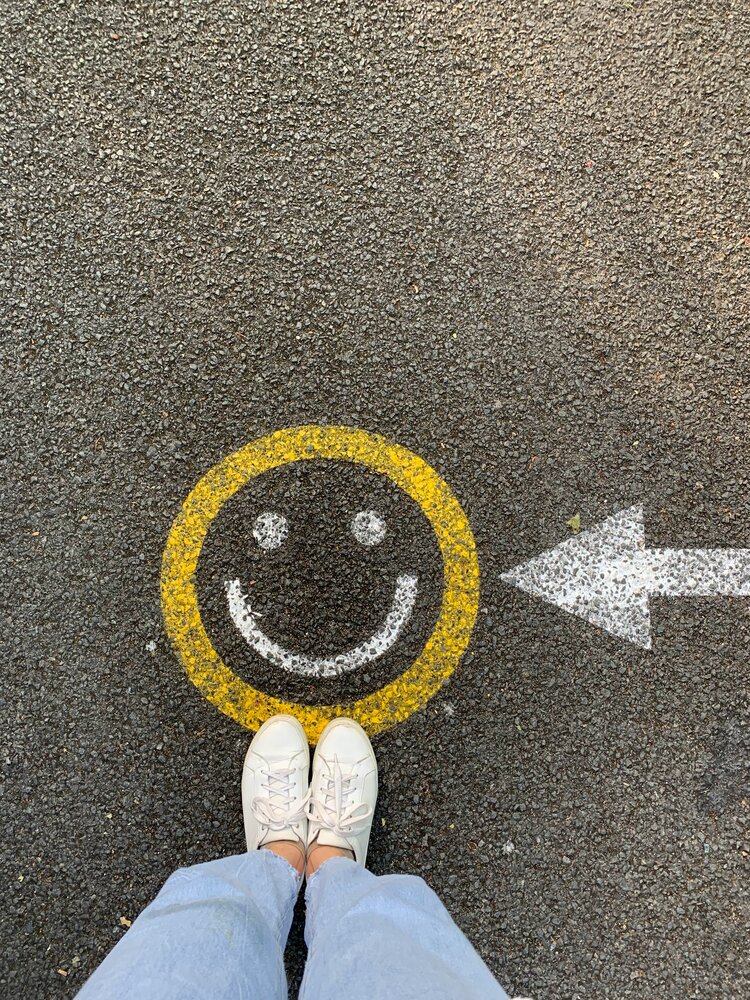Renewal: Teachers before Tech

A couple of weeks ago, I wrote about two girls who, when I was teaching, hid in the stationery cupboard with a view to jumping out and ‘booing’ on the class. The problem was they left their surprise appearance too long and lost their initial impetus to jump out so that when they finally emerged they were just a bit bewildered to see a class full of their peers staring at them.
I was talking to John Schlapobersky this week. John spent several years in a South African jail where he was tortured for opposing apartheid in the 80’s. He is an unassuming man and has been a psychotherapist and group analyst for over 40 years.
It’s never too late to have a happy childhood…
If psychoanalysts can have a catch-phrase, John is well known for famously saying ‘It is never too late to have a happy childhood”. He is referring to his own work as a therapist and his belief that healthy reflection on troubling past events can renew a state adventure and confidence in ‘grown ups’ of any age.
He was a warm and friendly man, a generous listener and I felt honoured to be in his company. We were talking about lockdown. He drew attention to lockdown’s pervasive effect on mental health and, interestingly, given his background, compared it to a form of ‘house arrest’. House arrest that we are hopefully emerging from slowly.
Renewal
John’s comment made me think about the onset of Easter, traditionally a time when Christians reflect on the death and resurrection of Christ and the three days he spent in the tomb before emerging renewed and free of his past limitations.
Similarly, Jungian psychologists use animal archetypes and their habits to illustrate aspects of our emotional make-up. The emotion of fear and anxiety – very present during lockdown – is illuminated using the hibernation of the bear. The bear enters the cave to hibernate and emerges renewed in the spring. This habit is used as an illustration of self-reflection. The lesson being that it is only when we face our inner fears that we learn from them and, once reflected upon we are able to emerge with new thoughts, ideas and perspectives.
With many schools a couple of weeks or more into teaching face to face, I thought I would use this blog to think again about what comes next; about the much fabled idea of ‘renewal’.
Clubhouse – Passionate People and Edtech Designers
Speaking of renewal, this week, as well as seeing John, I have spent too much time on ‘Clubhouse’, an audio app that sets up a virtual corridor of audio rooms for users to discover. In each room, a conversation is happening and, if you click on that room you gain entry to a discussion about a particular topic. Some rooms have 3 occupants and some 3000!
As well as checking out the “No agenda Only Vibes” room, I have spent my time wandering the virtual corridors of the education rooms. I have even set up my own club – Emotions in Education. I have listened to many discussions on the broad topic of ‘The Future of Education’ led by educators from Nepal to Australia to Canada to Singapore and Taiwan. Taking the passion of all of the speakers as the fuel for change, the drive towards ‘renewal’ seems unstoppable. The ‘opportunity’ offered by Covid19 is the hottest topic across the planet and although views about how it will play out are many and various, opinions orbit two main subjects – how will we deliver content and how will we maintain social/emotional aspects of learning as a priority.
Tech before Teachers
Covid19 has further revealed how technology can be used in the delivery of lesson content. Some argue that in the new educational paradigm, even more than delivering current content, technology will switch the focus of education to much more ‘student led’ learning. More than classroom learning, this version of SLL is driven solely by what the student wants to learn and all content satellites around that, independent of a school or teacher agenda. Further to this, facial recognition technology, already able to track a person’s mood, will, in this scenario, be used to regulate the speed of content delivery. Trained into the finer detail of the student’s facial responses, the bot will dispense more learning when the student seems confident and less when the student seems less confident.
This vision of the near future imagines schools as ‘learning hubs’ that are split nit into subjects but into content delivery and social/emotional training. Students will have learning guides(human) equipped with soft skills rather than content delivery skills. These guides will help students find their own path to what interests them. These humans will also create opportunities for the student to meet others and ‘learn empathy’ and ‘relationships’.
As well as the facial recognition bot, each student will also have a virtual(non-human) learning guide that will be there to encourage them. A cyber ‘teacher’ who is not swamped with having to support the learning needs of a whole class and who is consistently interested in the individual needs of their student ‘master’. ‘After all’ I heard on educator say, ‘Robots don’t judge’.
It’s not worth thinking about…yet?
As I sit here I can see the face of my ex-colleague, Natasha, who would often wearily look at me after I had expounded another learning theory or idea that I had picked up from somewhere and say something like ‘Tell all that to year 9 tomorrow and see how far you get’. She as referring of course to the difference between those who have time and energy to pour into imagining a brave new world of supportive bots and those who have to prepare to meet their students in the morning, mark their homework, meet the parents, get some rest before their 6 o’ clock alarm.
Even so, it would be foolish to dismiss these visions of tomorrow as the flight of fancy of a few dreamers. Clubhouse, still in its beta stage or development, is attracting millions of subscribers and is due to reach the 30 million mark by the end of the year. Among their number are many well-intentioned and eloquent reformers and many well-resourced tech giants.
Relationships before Apps
And I have walked these rooms, taking the stage and arguing – often in a nervous and cracking voice – for ‘Relationship-Led learning’ and greater support for the emotional well-being of teachers. And, by speaking up, I have helped enable conversations about horrifying levels teacher burn out from across the globe. What will renewal look like for these teachers? How much does a learning guide earn? Could I start tomorrow?
My experience and psychological training point to the fact that the most potent learning happens when teacher and learner are on the same wave-length. We are born into a relationship and spend our lives in the quest for love, acceptance and understanding. Everything we learn is only ever another lesson in who we are, what we like and what we are like. Equally, a student doesn’t learn maths for its own sake. As much as they may love numbers, it’s the way those numbers and answers to equations, makes them feel about their ability to endure, to find joy to connect with different aspects of themselves. Learning is what we are born to do and our legacy is to pass on what we have learned to the next generation.
Every teacher knows that it is the quality of the relationship they have with their students that governs how much learning happens in a classroom. Yet, instead of resourcing teachers to get a greater handle on the emotional workings of every student they teach and attain greater emotional fluency themselves, Edtech giants line up to invest in bots that can create relationships with children through facial recognition technology.
Emotions don’t compute
Often, we can find our emotional selves threatening. Our emotional lives are parts of ourselves that do not conform to logic. We often don’t know why we are feeling a certain way. Feelings of fear and sadness are unwelcome and the feeling of anger has a bad rep. Although we welcome feelings of love and joy, they can also be fleeting. All in all, feelings can be confusing and we would be forgiven for wanting to keep them out of sight and deny their importance. Not surprising then that Edtech solutions are so popular.
We may be Covid-blind to the potential of ‘in the room’ human relationships. Deprived of human contact and interaction beyond our own ‘bubbles’, our relationships have been accessed through 2 dimensional screens so it’s only natural that we have become enamoured with these quiet facilitators of connection.
Meanwhile in another room off the corridor, a neuro-scientist is arguing for the introduction of ‘brain training’ for 3-year olds and another is talking about how they would like to see more virtual empathy training for early years children. (Aren’t 3 year olds already empathetic?) I’m in a room leading a discussion about how to create learning environments where students can flourish. I argue for training teachers in connected relationships and emotional aspects of learning and teaching. I’m joined by Jane Evans, a parent coach specialising in helping parents with Trauma who reminds the room that humans are ‘Heart-First’ beings who have been configured over many thousands of years to ‘sense’ others first and rationalise later. Rachel Paling a Neuroplasticity specialist in in the room too. She argues for a model of teaching that is more akin to coaching. There are maybe 40 educators in the room. Some are Yoga instructors and Wellness specialists working in schools. No Edtech specialists are there. They are in another room talking about shiny apps and bots. There are 400 in that room.
Red Flag
Victorians argued that a person with a red flag should walk in front of all motor cars to warn people of the potential damage of their noise and speed. I don’t want to be Victorian or make this post a binary argument about technology being good or bad. It is more about the renewal that is on its way and about the kind of teaching and learning environments we want to create for our teachers and learners.
During Covid19, much has been made of the need to make our learning environments kinder, more connected places. Equally, mental health has been rightly flagged as an important area for investment. For me though, my personal hope is that part of the renewal is equipping teachers with the skills to look after themselves and their students in psychologically enlightened learning environments. My red flag concern, for what it’s worth, is that if we don’t bring our capacity for emotional connection more into the mainstream of the learning dynamic, teachers will be seen as merely deliverers of content and so will be easily replaced by an ‘empathetic’ and cost-efficient bot.
Putting it crudely, my plea is for Teachers before tech.
It’s less than fifty years since the school leaving age was raised to 16. So, education as we know it, is less than 50 years old. Perhaps, as we reflect, re-evaluate and renew, we can remember John Schlapobersky’s memorable phrase that ‘It’s never too late to have a happy childhood’ and in so doing imagine, what the new ‘happy childhood’ of education might look like as it begins to grow in confidence over the coming weeks and months.
Happy Holidays!






@stevecarr the section on Clubhouse is really interesting particularly in terms of the EdTech discussions that are taking place regarding the future of education. I’ll have to join the app to check it out